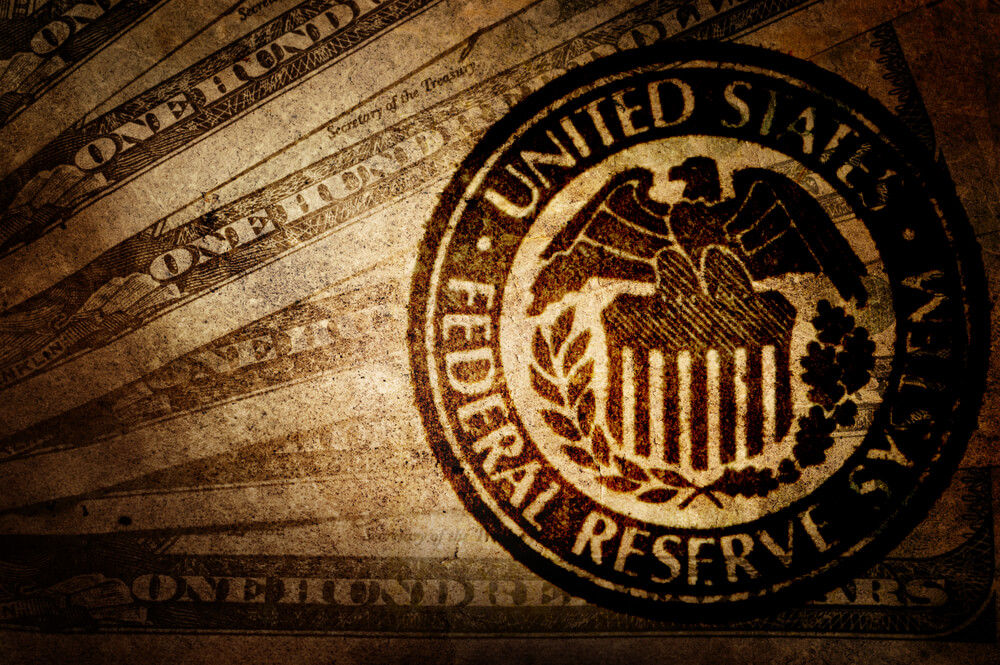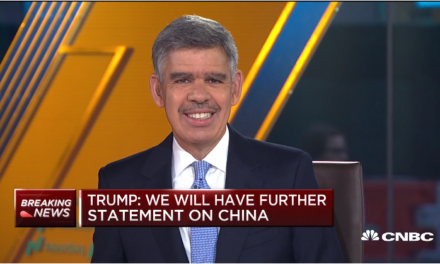Investors were racing for the safe haven of U.S. government bonds as markets continued sinking Tuesday, pushing 10-year Treasurys into record low territory.
The benchmark 10-year Treasury bond yield reached an all-time low as U.S. markets continue to wrestle with the coronavirus outbreak. The rate dropped more than 5 basis points to 1.32 — surpassing its previous low of 1.325 set on July 6, 2016, following the Brexit vote in the United Kingdom.
Yield on 30-year Treasurys also hit an all-time low, falling 3 basis points to 1.798%.
The drop came a day after 10-year Treasury yields reached their lowest point since 2016.
A Further Drop Coming?
There is the possibility 10-year Treasury rates could fall even further if the outbreak continues to spread beyond China.
“Price action in assets generally over the last two days suggest that finally, the market is pricing in a growth impact from coronavirus,” Priya Misra, head of global rates strategy at TD Securities, said in an email to CNBC. “If the virus continues to spread, risk assets can come under a lot of pressure and Treasury rates have room to decline more. I think the Fed will come into play with a significant shock to growth and risk assets.”
The Dow Jones Industrial Average fell more than 1,000 points Monday and was poised to tack on more losses Tuesday morning. Likewise, the S&P 500 and the Nasdaq Composite trended down as all three posted losses in the morning session and were in the red by as little as 0.7% by lunchtime on the East Coast.
The mounting losses come as countries outside of China reported increased virus cases.
South Korea reported 60 new cases, bringing the total number of its cases to 893. Iranian officials said they had 15 deaths attributed to the coronavirus — the most in any country outside of China.
Cases also continued to grow in China. Chinese officials reported 508 new confirmed cases of the virus and 71 new deaths. Italy reported 283 infections — up from 229 — and Spanish officials have quarantined 1,000 people at an island resort in Tenerife.
Consumer Confidence Hit
Another factor in the rush to buy 10-year Treasurys is the report that U.S. consumer confidence increased less than expected in February.
That suggests people are still leery of just how the coronavirus will impact the global economy.
The Consumer Confidence Index rose just 0.3% to 130.7 from 130.4 in January.
Goldman Sachs Group Inc. (NYSE: GS) recently cut its U.S. gross domestic product forecast to 1.2% for the first quarter of 2020. That is significantly lower than the 2.1% growth in in Q4 2019, and the 2.3% growth in all of 2019.
All of that has led to investors racing to put money in safe havens, like 10-year Treasurys and gold, in an attempt to preserve capital.





